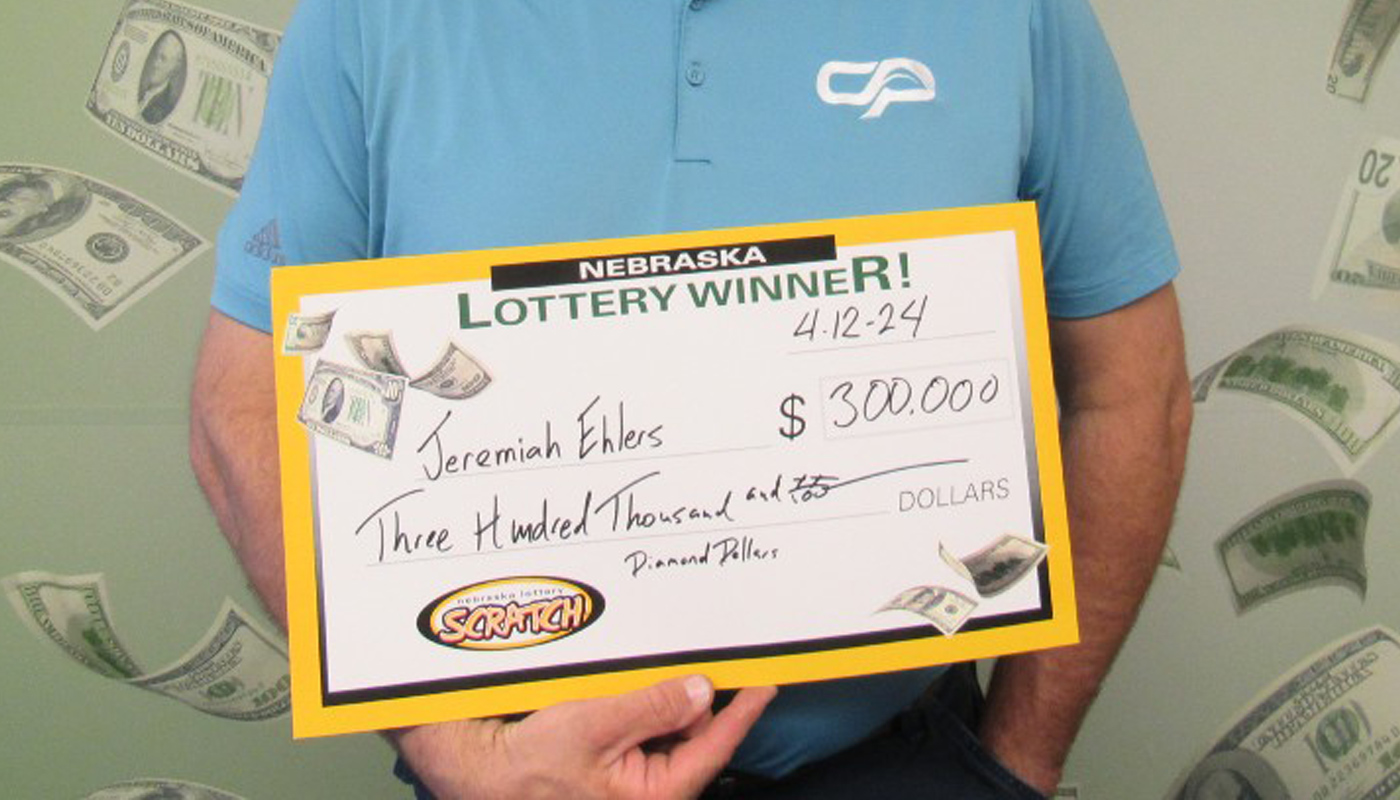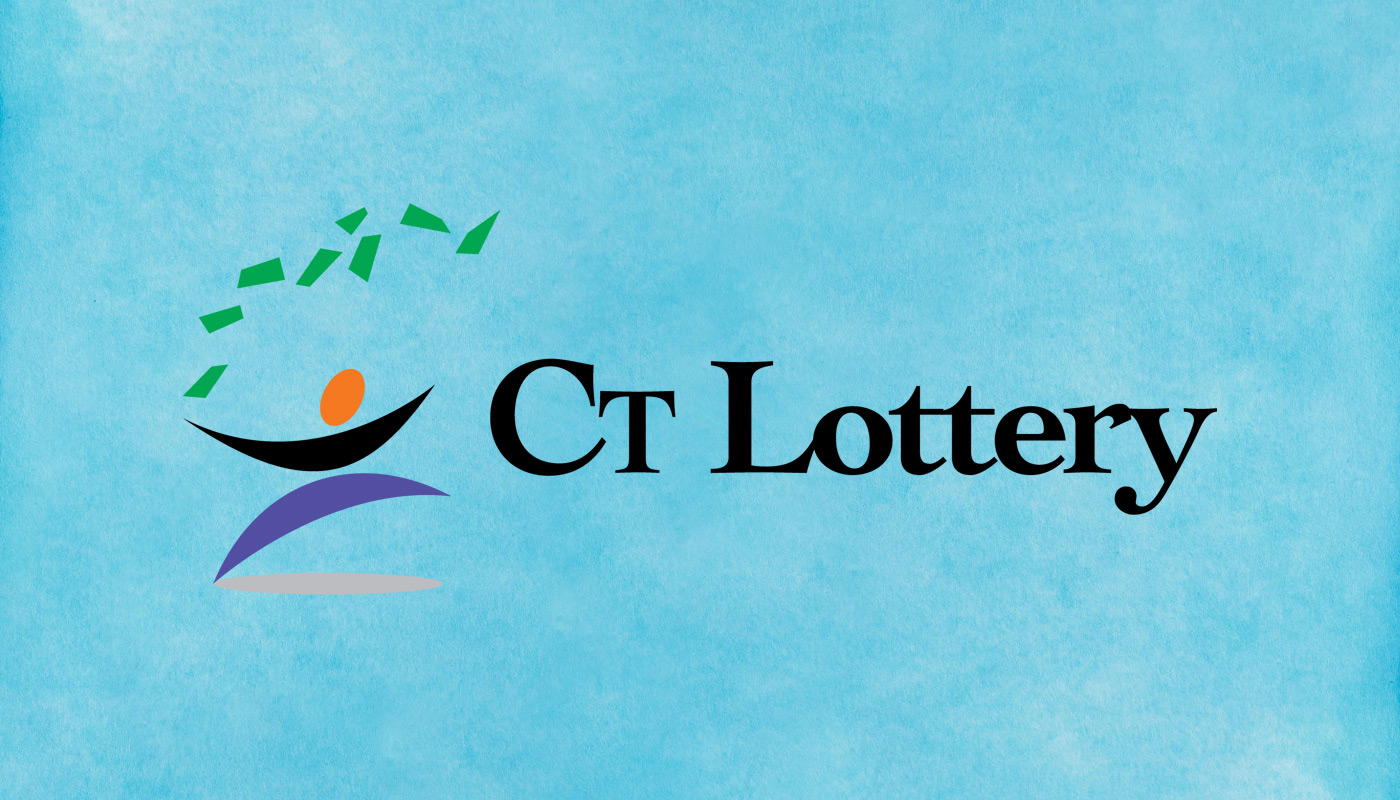
News writer, Interviewer
A Nebraska gas station manager caught on camera scratching off a $300,000 winning ticket before paying for it wants his case thrown out. His attorney claims prosecutors lack evidence for a conviction.
The bold legal gambit raises questions about lottery fraud prosecutions. Can surveillance footage alone prove theft when the defendant eventually paid for the ticket?
The case against Jeremiah Ehlers
Jeremiah Ehlers worked at Greeley Rapid Stop when he struck gold with a Diamond Dollars scratch-off ticket in April 2024. But authorities say he broke Nebraska law by scratching the ticket before paying for it.
Court documents paint a clear picture. Surveillance footage shows Ehlers grabbing the ticket, scratching it off, scanning it twice to confirm the win, and then paying for it. He drove to Lincoln that same day and walked away with $213,000 after taxes.
Nebraska law requires lottery tickets to be paid for upfront. No exceptions.
Why the defense thinks the case is weak
On Wednesday, Ehlers' attorney filed a motion to dismiss the case in Lancaster County District Court. The motion argues the evidence from the preliminary hearing "was insufficient as a matter of law to show that a crime was committed."
The defense strategy seems clear. They're betting that paying for the ticket, even after scratching it, creates reasonable doubt about theft intent.
But does this argument hold water? Prosecutors will likely argue that the sequence of events matters. Scratch first, pay later violates state law regardless of eventual payment.
How authorities caught the scheme
The case unraveled quickly after Ehlers claimed his prize. Just 11 days later, the gas station owner contacted lottery officials with suspicions about stolen scratch-off tickets.
Investigators reviewed surveillance footage from March 30 to April 19. They found Ehlers making 29 legitimate sales during that period. But they also spotted him receiving unpaid tickets from a coworker on two occasions.
The evidence trail seems substantial. Video documentation spans nearly three weeks and shows a pattern of behavior that contradicts Ehlers' version of events.
The money trail tells its own story
Ehlers moved fast with his winnings. He deposited the money and quickly spent around $84,000 on vehicles, contractor services, and debt payments.
Authorities seized $128,769.31 from his bank accounts during the investigation. The rapid spending suggests someone who knew his time with the money might be limited.
What happens next?
Judge Kevin McManaman will hear the dismissal motion on July 29. This hearing could determine whether the case proceeds to trial or ends before it begins.
The defense faces an uphill battle. Surveillance footage provides compelling evidence of the alleged crime sequence. The preliminary hearing judge already found probable cause to send the case to the district court.
Bigger questions about lottery fraud
This case highlights broader issues in lottery fraud prosecution. How clear must the evidence be when tickets are eventually paid for? Does the payment timing matter if the final transaction appears legitimate?
State lottery officials take these violations seriously. The Nebraska Lottery has invested heavily in surveillance and anti-fraud measures to protect game integrity.
The outcome could influence how similar cases are prosecuted statewide. A dismissal might embolden other defendants to challenge lottery fraud charges based on payment timing arguments.
The stakes for Ehlers
Ehlers faces felony theft by deception charges for amounts exceeding $5,000. A conviction could result in significant prison time and permanent criminal record consequences.
The 50-year-old manager has already lost access to most of his winnings through asset seizure. Now, he's fighting to avoid a felony conviction in a case that seemed like a dream come true just over a year ago.
His legal team's dismissal motion represents a last-ditch effort to avoid trial. Success seems unlikely given the preliminary hearing judge's finding of probable cause.
The July 29 hearing will reveal whether Ehlers' luck extends beyond lottery tickets to the courtroom.


















Comments